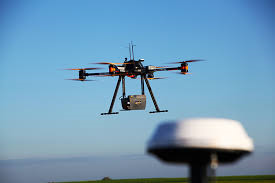
In part 1 and 2, we discussed the expanding risk and challenges represented by Unmanned Aerial vehicles (UAVs). This part provides some guidance regarding the use of drones.
As mentioned in part 1, UAVs are classified as aircraft. Therefore, the final authority in the United States on the commercial and recreational use of UAVs is the Federal Aviation Administration (FAA). Yes, the regulator that oversees all manner of commercial and private aircraft is also responsible for UAVs.
While much progress is being made, the FAA is still scrambling to determine adequate rules for the widening use of UAVs. This is quite difficult because it is attempting to evaluate the scope of challenges UAVs represent at the same time that businesses and individuals are exponentially inventing different ways for using them.
A primary concern of the FAA is with the possibility of UAVs interfering with the operation of airplanes. The earliest actions revolved around protecting flight crews and passengers from dangerous invasion of airspace by UAVs. Another concern has been the potential use of UAVs in terrorist acts, so initial actions were to secure the airspace around airports and large public spaces.
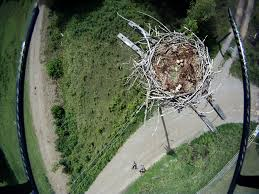
It will take a while to develop suitable rules concerning the commercial use of UAVs. In the meantime, businesses are required to secure an exemption under Section 333 of the FAA rules and regulations in order to legally operate UAVs. The exemption includes nearly three dozen conditions and limitations on the use of UAVs for business purposes. Failure to secure an exemption and then to adhere to the limitations can result in fines, loss of the exemption and even criminal penalties. Business use of UAVs will eventually involve far more regulation, particularly the need to secure special flight (pilot) certification.
The exemptions, which are already difficult to administer for commercial UAV use, would be impossible and impractical for overseeing recreational use by individuals. In December 2015, the FAA will require all UAV owners to register the aircraft and, after 12/21/2015, newly acquired UAVs must be registered BEFORE being flown outdoors. The registration will result in the generation of a unique ID number which must be marked on the applicable UAV.
Hobby and recreational UAV operators must follow other rules of operation such as the following:
- UAV operators aged 13 and older must register the aircraft with the FAA
- Don’t fly above 400ft
- Don’t fly within 3 miles of an airport/landing strip
- Keep you craft within line of sight
- No night flying
- Don’t fly in areas with flight restrictions (stay away from all airports and large public places such as stadiums, etc.).
- Fly safely (not near pedestrians, wildlife, buildings/property, etc.
Registrations must be renewed within three years of initial registration as well as with any newly acquired UAVs. Individual owners should make sure that they keep up to date with regulations as they are developed.
For additional information related to TruePoint’s insurance options:
COPYRIGHT: Insurance Publishing Plus, Inc., 2015
All rights reserved. Production or distribution, whether in whole or in part, in any form of media or language; and no matter what country, state or territory, is expressly forbidden without written consent of Insurance Publishing Plus, Inc.

 Contact
Contact
 Email an Agent
Email an Agent

 Click to Call
Click to Call Get Directions
Get Directions
  In part 1, we began our discussion of the challenges represented by UAVs. Compared to radio-controlled, model aircraft, UAVs are, often, larger, more expensive craft and may be equipped with extensive photographic and computer components. They are used in ways that substantially increase the chance of loss because they are used in different settings. Originally UAVs were used in the following, non-military ways:
 In part 1, we began our discussion of the challenges represented by UAVs. Compared to radio-controlled, model aircraft, UAVs are, often, larger, more expensive craft and may be equipped with extensive photographic and computer components. They are used in ways that substantially increase the chance of loss because they are used in different settings. Originally UAVs were used in the following, non-military ways:
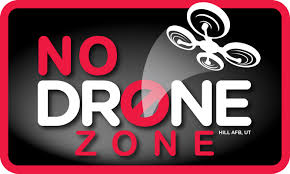 frequency but high severity accidents. Currently such policies are now being asked to handling an emerging, different exposure; unmanned aerial vehicles (UAVs).
frequency but high severity accidents. Currently such policies are now being asked to handling an emerging, different exposure; unmanned aerial vehicles (UAVs).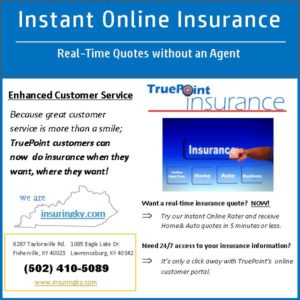
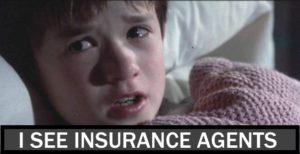
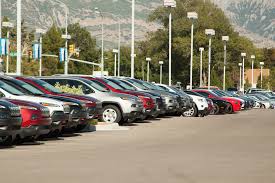
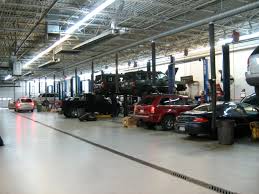


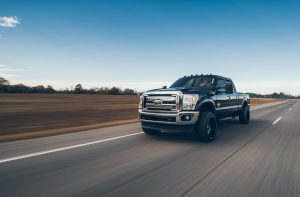 ¬†‚ÄúYou‚Äôve gotta be kidding me!‚Ä̬† That is the sound of a new heavy-duty pickup truck owner that has just been told that he can‚Äôt get insurance.¬† Unfortunately, your insurance agent probably isn‚Äôt kidding you, (s)he most likely can‚Äôt or doesn‚Äôt know how to obtain coverage for a vehicle that has a GVW of 10,000 pounds or more.¬† Before heading back to the lot to get your money back pause, take a deep breath and read on.
¬†‚ÄúYou‚Äôve gotta be kidding me!‚Ä̬† That is the sound of a new heavy-duty pickup truck owner that has just been told that he can‚Äôt get insurance.¬† Unfortunately, your insurance agent probably isn‚Äôt kidding you, (s)he most likely can‚Äôt or doesn‚Äôt know how to obtain coverage for a vehicle that has a GVW of 10,000 pounds or more.¬† Before heading back to the lot to get your money back pause, take a deep breath and read on.







